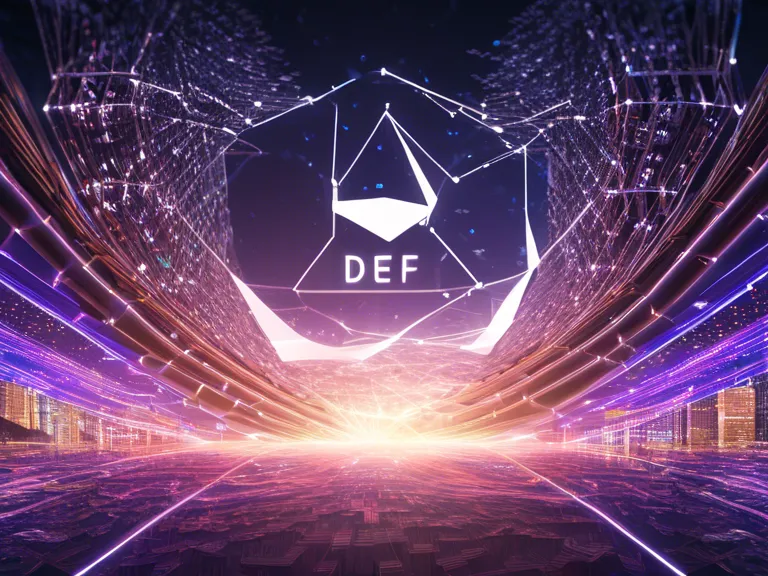
Decentralized Finance (DeFi) is revolutionizing the investment landscape by providing individuals with greater control and transparency over their financial assets. This article explores the key features of DeFi and how it is reshaping traditional investment models.
DeFi, also known as Open Finance, refers to the use of blockchain technology to create decentralized financial applications that do not rely on traditional banking intermediaries. These applications allow users to engage in a variety of financial activities, such as lending, borrowing, trading, and investing, without the need for a centralized authority.
One of the main advantages of DeFi is its accessibility. Anyone with an internet connection can participate in DeFi activities, regardless of their location or financial status. This level of inclusivity is a stark contrast to traditional financial systems, which often exclude individuals in underserved communities.
Another key feature of DeFi is its transparency. All transactions on the blockchain are recorded in a public ledger, providing users with a high degree of visibility into how their funds are being utilized. This transparency helps to reduce the risk of fraud and manipulation, as all transactions are verified by the network.
Furthermore, DeFi applications are typically open-source, meaning that the code is publicly available for scrutiny and improvement by the community. This transparency fosters innovation and collaboration, leading to the rapid development of new DeFi protocols and platforms.
In conclusion, DeFi is fundamentally changing the way individuals interact with financial services. By providing greater accessibility, transparency, and innovation, DeFi is empowering individuals to take control of their financial future like never before.



